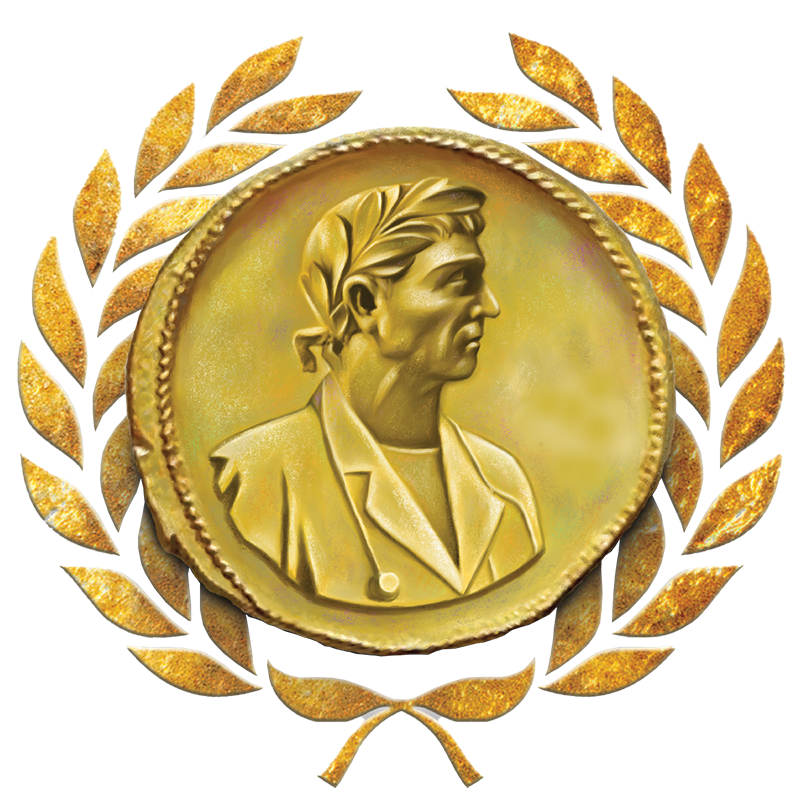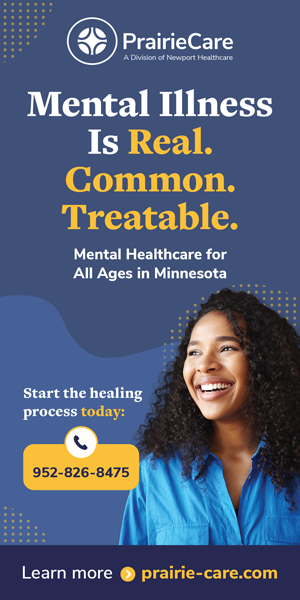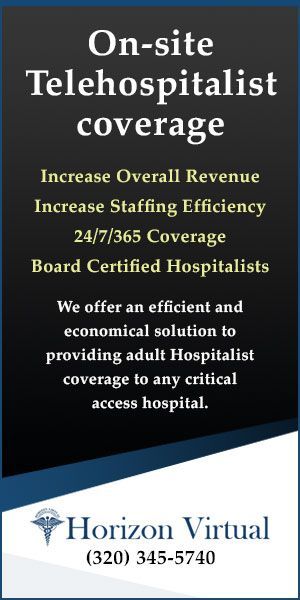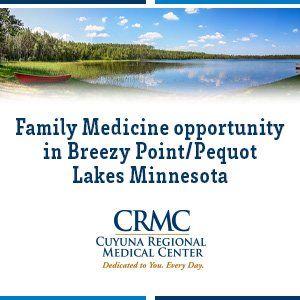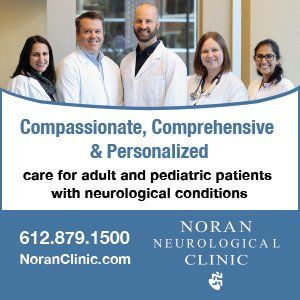e are pleased to present this special feature recognizing 100 leaders who help make health care in Minnesota a global model of excellence. Once every four years we invite our readers to submit the names of colleagues whose outstanding leadership can be acknowledged in these pages. We thank all those who participated in the nomination process and those who helped with the submissions.

cover story one
100 Most Influential
Health Care Leaders
Influence and leadership in health care take many forms. They can range from a solo practitioner to the CEO of a large system and can embody numerous occupations and perspectives. In many ways the nature of providing health care at any level is an inherent act of leadership. The individuals presented here represent a cross section of the breadth and depth of Minnesota’s health care delivery system, from clinical care to health care policy to administration and advocacy. When we published this feature in 2020 everyone in health care was working well beyond capacity to meet the challenges of COVID. It posed unprecedented demands on leadership and every single element of health care delivery. In the midst of this crisis came another one, the George Floyd murder and its repercussions, which included greater awareness of the many deplorable inequities in health care delivery. Response to both was quick and decisive. One example was multistakeholder cooperation, sometimes between competitors, leading to successful initiatives that dramatically increased vaccination rates in poorly served demographic groups. Another was to restructure health care leadership to address disparities systemwide. Four years ago very few diversity, equity and inclusion officers existed and their roles were not well defined. Now few health care organizations lack these roles as well-defined positions. It has provided a much improved definition of leadership, which is shown in many of the responses published in this feature. The health care industry is constantly evolving and though its evolution is difficult to predict, looking ahead four years we may well see every organization with directors of artificial intelligence in leadership positions.
In preparing this feature we asked each of the nominated health care leaders to answer the two questions listed below. Their responses provide a unique and kaleidoscopic overview of health care in 2024.
- Who was influential in your career (and why)?
- What does leadership mean to you?

Sue Abderholden, MPH
Executive Director | NAMI Minnesota
Influence: The people I’ve met who lived with a disability or mental illness or have a family member with a disability or mental illness have had the biggest impact on my career and life. Betty Hubbard, a mentor of mine, said, “Look ahead and see all that needs to be done, look behind and see how far you’ve come.”
Leadership: Leadership requires vision and understanding the changes needed to reach it. It’s thinking big and paying attention to the details. It requires listening to the different perspectives and identifying a common thread that can pull people together on an issue. It isn’t about winning or losing, it’s about moving forward, sometimes more slowly than we want. Most important, it’s about remaining hopeful that change will happen.
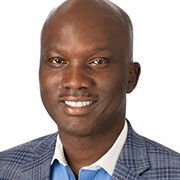
Dan Abdul, MBA
Chief Information and Operations Officer | Medica
Influence: My late father. It was very important to him that whatever we did in life — from the time we were kids to whatever we did as a vocation — we strive to be the best we could be at it while staying consistent with our morals and ethics.
Leadership: The most important element is having a mindset of adaptability. At Medica, this plays out by listening and responding to the needs of our members and provider partners. Keep focus on what needs to be done at the moment but also think strategically about where your organization will be in the long term. Leadership is having the right team and empowering the individuals on it to perform at the top of their licenses.
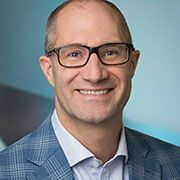
Todd Archbold, LSW, MBA
CEO | PrairieCare
Influence: The only people who will remember that you worked late are your kids. My kids help me understand the value of how we spend our time. They are not impressed with my title or work accomplishments; they care more about how I treat people. I’m amazed at the lessons I’ve learned from them that translate to being a good leader at work.
Leadership: Being authentic is a significant differentiator for a leader. Authenticity is not something you can fake or temporarily showcase – it is ingrained in your character and your values. It requires leader honesty, confidence and willingness to be vulnerable. Leaders are interested in others and model an excitement for learning while having the strength to be wrong. Their authenticity creates inherent trust and inspires others.
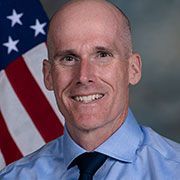
Michael Armstrong, MD
Chief of Staff | Minneapolis VA Health Care System
Influence: Michael Froats (Mikee) was my direct administrative support and our physical medicine and rehabilitation department secretary for 20 years until she passed away in 2023. She was kind, funny, always up for a good debate, and gave sage advice to anyone in need. She was my greatest supporter and her confidence in my abilities was an inspiration for me.
Leadership: It entails a deep connection to the organizational mission and caring personally about those who carry it out. A passionate belief in the mission is a compass for consistent and effective direction, providing motivation and endurance during the most challenging of times. Caring personally for those you are responsible to lead is to recognize and value the most important resource to achieving your organization’s goals.
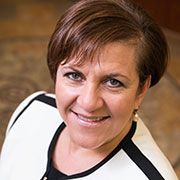
Ruby Azurdia-Lee
President and CEO | Comunidades Latinas Unidas En Servicio (CLUES)
Influence: Latino Immigrants – their entrepreneurial spirit, ability to provide for their families and drive to build a better future. I’ve always admired the SI SE PUEDE attitude of people who migrate in search of better opportunities for their families. They showed me health care and economic disparities and the importance of aligning cultural development with the well-being of a community. I learned to seek systemic change to eliminate racial, immigration and cultural barriers, allowing the true social and economic drivers of health care to benefit all.
Leadership: It is listening more than talking and being aware of your environment and your audience. It is aiming for transformational impact vs. transactional ideas. Three key features every leader should have are service leadership, authenticity and kindness.
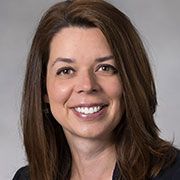
Cassandra Beardsley
Executive Director | Wilderness Health
Influence: The biggest influence has been my “village.” Friends and family who encouraged me to take on new challenges; my parents and in-laws, who helped out with unplanned day-care gaps, sick days and getting our kids to activities; and my husband for being a sounding board. Life is easier when you have a trusted support system.
Leadership: Key elements include delegation – allowing others to grow their skills even if they don’t do things exactly the way you would. Don’t be a bottleneck and control freak. Humility, it is surprising what you can learn from others, including those who are new or less experienced. Listening to different viewpoints and not assuming you know what others are thinking. When everyone feels like they’ve been heard it creates stronger work teams.
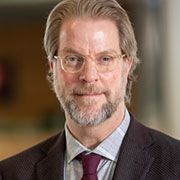
Tim Beebe, PhD
Deputy Director | Center for Learning Health System Sciences University of Minnesota School of Public Health
Influence: My undergraduate advisor at Bemidji State University, Dr. James Rafferty. I had no idea what I wanted to pursue as a career. I certainly hadn’t considered research. Dr. Rafferty took me under his wing, making extra effort to teach me advanced statistics and research design, instilling a love of the scientific method that still innervates me to this day.
Leadership: Effective leaders lead by example. Even with the administrative burden accompanying leadership roles, I’ve been able to continue my research and advise several graduate students. Effective leaders take the mission and vision agreed upon and set by all partners and implements strategies and operations for success (managing partner vs. CEO).
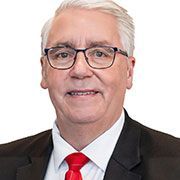
Joel Beiswenger, MHA, CPA
President and CEO | Astera Health
Influence: My early-career boss, Allen Reiners, in health care finance, taught me skills I’ve utilized throughout my tenure, including valuable experiences from the consulting work. My peer Judy White, a long-time clinic practice administrator, taught and mentored me a great deal on how to work collaboratively and effectively with physicians.
Leadership: It involves the vision and strategy of an organization, determining its structure and providing the resources to achieve success. It helps everyone understand the “big why” behind what they are doing. It puts great people into necessary roles and lets them do their work while providing guidance and feedback. It displays “servant leadership” that inspires others to accomplish an outcome knowing that no job is beneath anyone if it contributes to the outcome.
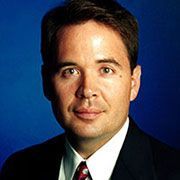
Jesse Bethke Gomez, MMA
Executive Director | Metropolitan Center for Independent Living
Influence: Dr. W. Edwards Deming had the biggest influence on my career for his leadership in creating the worldwide quality improvement movement. I trained with him on his work titled “The System of Profound Knowledge,” which elevates the importance of leadership that recognizes that people work with intrinsic motivation to find joy, meaning and pride in their work. His guidance helped me think about how strategy and operational systems converge.
Leadership: Formal education in executive and strategic leadership are necessary. At the same time, self-awareness is among the most important elements. Finally, a commitment to the top line; the well-being and engagement of all employees, along with a commitment to the bottom line; accountability, stewardship and transparency are essential for a corporation to fulfill its mission.
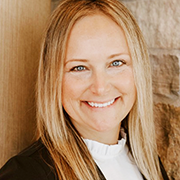
Lisa Bjerga, MBA, CPA
President and CEO | Lakewood Health System
Influence: My parents. As small-business owners in a tight-knit community, they taught me the values of interdependence and the importance of economic development. Also, that a stronger community means a stronger health care system, and vice versa. Their work ethic and ownership mindset shaped my approach to leadership and to serving our community’s needs.
Leadership: It requires vision, communication and empathy. Clear vision focuses and guides an organization’s direction and inspires others. Effective communication is crucial to align teams, ensuring transparency and trust. Empathy allows leaders to understand the unique needs of their team and community, especially in a rural health care setting. Combining these elements fosters a collaborative culture, drives strategic decisions and creates a positive, lasting impact on both organizations and the communities they serve.
MORE STORIES IN THIS ISSUE







